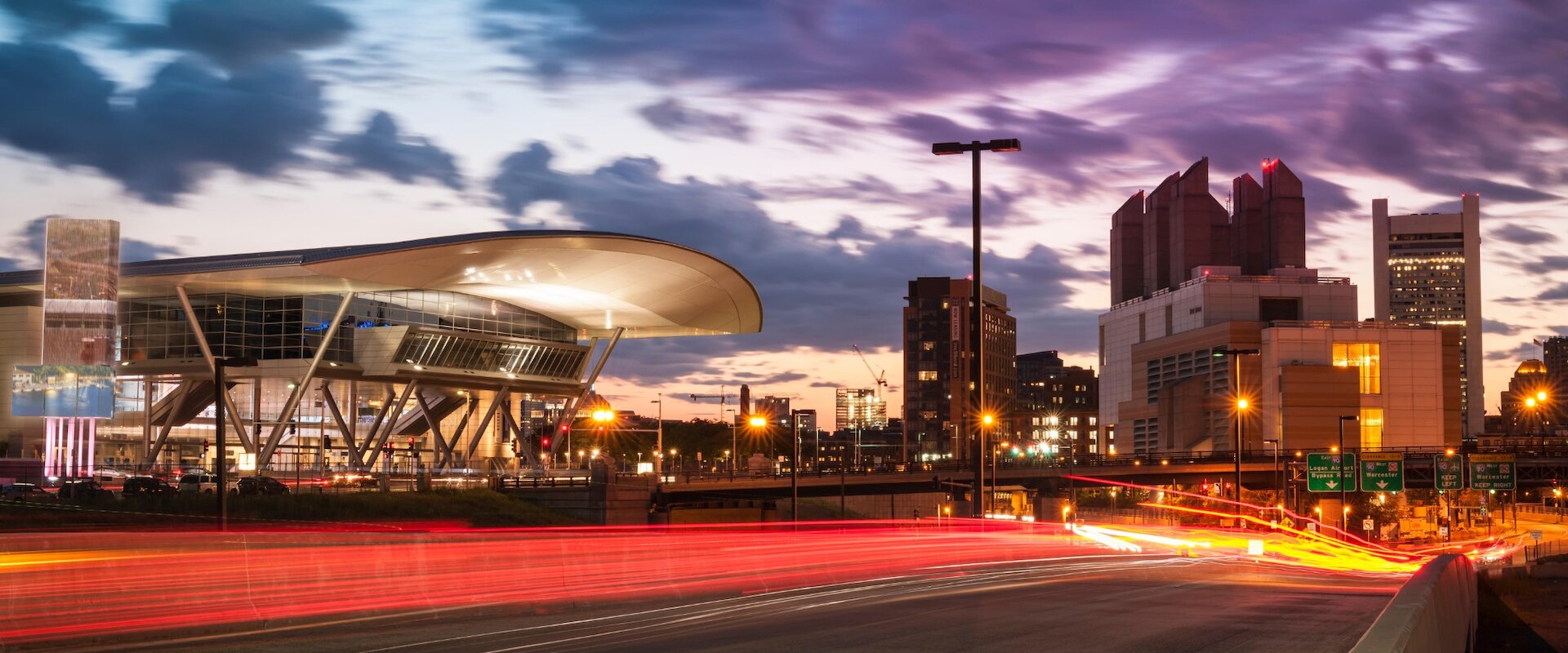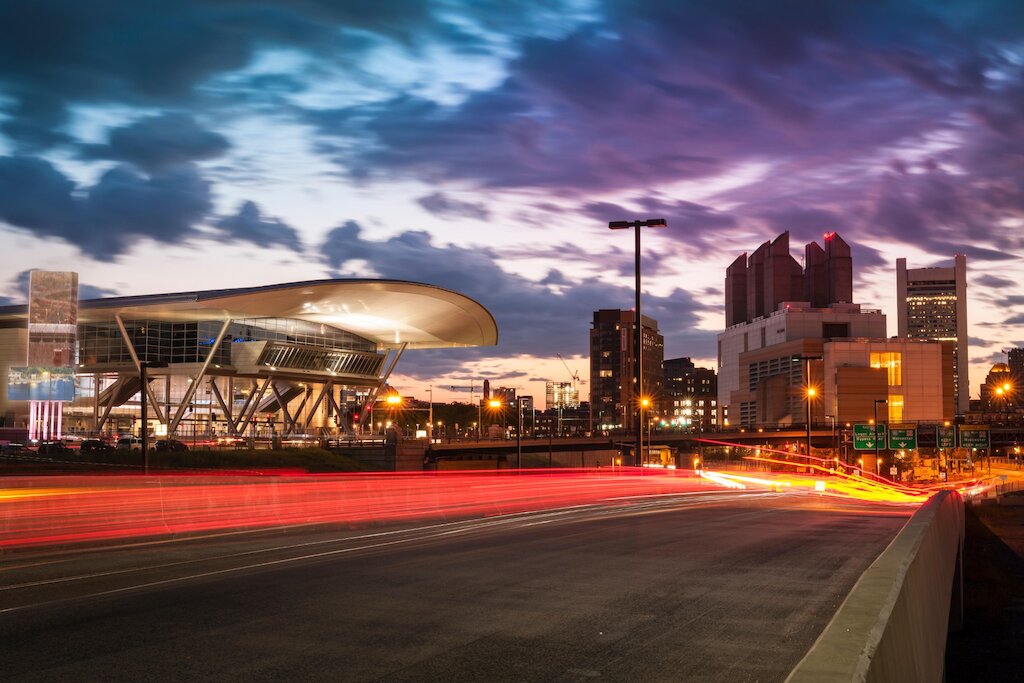The striking thing about American cities is that buildings of historical importance are dwarfed by skyscrapers. In Faneuil Hall, the reasons why 342 tea chests were dumped in the harbour are explained to visitors.
At the time, it was about much more than tea. It was about power, taxation and control. These issues still define global trade today.
Fast forward from 1773 to 2025. The talk of SENA was tariffs and trade.
Glenn Cooke, the owner and CEO of Cooke Seafood, observed that US consumer demand was the metric to watch. If American households start feeling the pinch, the ripple effect will be felt everywhere.
April 2 has been declared tariff day by the US President. Canada, Mexico and China have already been targeted. The rest of the world is set to follow.
Whatever the implications for the UK, and there will be some, inflation in the US will rise as tariffs push up prices for imported goods, including food.
There is a myth that tariffs protect domestic industry. In reality, they often do the opposite.
A tax on imports raises costs for businesses reliant on global supply chains, and those costs are passed on to consumers. In a country as vast as the United States, where much of the seafood industry depends on imports, the effects could be severe.
Trump was elected because ordinary Americans were struggling with the rising cost of living. As much as Trump won, the Democrats who controlled the White House and Senate lost. Governments tend to lose elections rather than the opposition winning them.
Trump has changed his position on tariffs daily. I had always thought he was the ultimate transactional politician, where everything involved a deal. But a deal that puts recession on the table and drives up inflation makes no economic or political sense.
What does drive Trump? US political author Matthew Wolfe dismisses the idea that he is purely transactional. Instead, Wolfe argues that Trump wants to be the most famous person in the world every single day.
The blizzard of announcements and running commentary on global events are part of that. He is a walking and talking news channel. Whether that is good or bad is for everyone to decide.
How the world builds trade policy against this backdrop is a challenge. Diplomacy requires predictability, yet Trump thrives on chaos. For global seafood businesses, that uncertainty is deeply problematic.
Supply chains are finely balanced, and markets rely on stability. If tariffs become a bargaining chip in a wider political game, businesses in Scotland and beyond will face difficult decisions.
A vision for the West Highlands
Meanwhile, back home, the next stop was Fort William for the West Highland Chamber of Commerce vision event. What does the area need to succeed?
Frazer Coupland and his team ran an excellent day with speakers from many sectors of local and national employment. The big takeaway was the need for a West Highlands manifesto aimed not just at the 2026 Scottish elections but at the UK Government too.
Many key policy areas fall under the UK Government. From rural connections to investment in infrastructure, this part of Scotland needs real support to grow.
For the next West Highland event, attendance by both governments would be welcome.
If decisions are being made without those affected in the room, what hope is there for meaningful change?
The challenge for places like Fort William is ensuring they remain competitive while keeping their unique character. Tourism is vital, but so is investment in jobs and industries that sustain communities beyond the peak visitor months.
Transport links, digital connections and housing all play a role. None of these issues can be addressed in isolation.
That is why economic resilience matters. It is not just about attracting visitors but about strengthening industries that provide long-term security for rural Scotland.
One of those sectors is salmon farming, yet judging by the recent Scottish Parliament debate, you would hardly know it.
Would it have been too much to hope that our politicians in Scotland would lift their eyes to the world around them? Food security is a growing challenge, global events are unpredictable, and yet there seems to be little recognition of the need to support a Scottish sector that produces wealth, employs 12,000 people, and keeps the economy moving.
Based on re-reading the Holyrood debate, with the honourable exceptions of Rural Affairs Secretary Mairi Gougeon and former minister Fergus Ewing, the answer is no.
The usual anti-business rhetoric dominated, with little recognition of the bigger picture.
Scottish salmon is an export success story. It is a world leading product, yet the industry constantly finds itself having to justify its existence. Regulations are necessary, but there is a difference between scrutiny and obstruction.
The sector needs a government that sees the value it brings rather than one that views it with suspicion.
So when politicians come knocking next year asking for your vote, think back to the March debate and ask if they and their party supported our sector. The answer might be quite revealing.
Scottish businesses need politicians who understand trade’s impact on money, jobs and livelihoods. For Scotland to succeed, it must engage globally, supporting industries that create opportunities, not indulging ideological opposition.
There is a global fight for economic success. America is wrestling with it in its own chaotic way. Scotland must be smarter.
This article went to press ahead of Donald Trump’s tariff announcements in April.
Originally posted on Fish Farmer Magazine for our CEO Tavish Scott's monthly column on 10/04/2025


